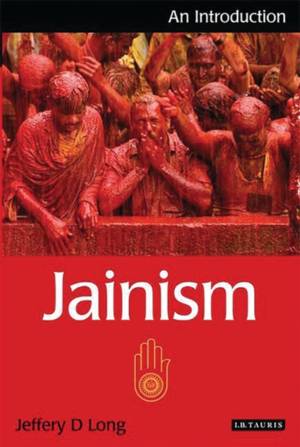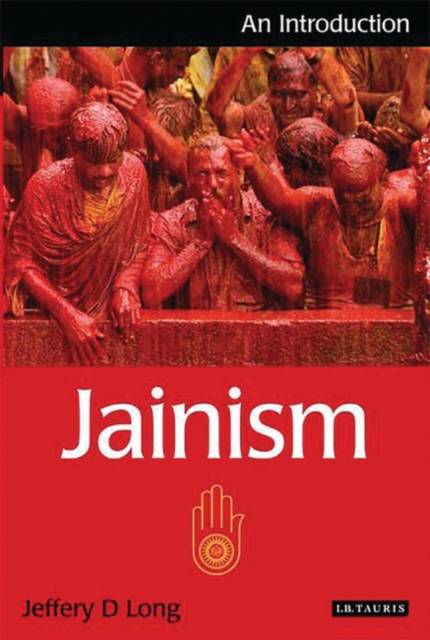
- Afhalen na 1 uur in een winkel met voorraad
- Gratis thuislevering in België vanaf € 30
- Ruim aanbod met 7 miljoen producten
- Afhalen na 1 uur in een winkel met voorraad
- Gratis thuislevering in België vanaf € 30
- Ruim aanbod met 7 miljoen producten
Zoeken
€ 60,95
+ 121 punten
Uitvoering
Omschrijving
Jainism evokes images of monks wearing face-masks to protect insects and mico-organisms from being inhaled. Or of Jains sweeping the ground in front of them to ensure that living creatures are not inadvertently crushed: a practice of non-violence so radical as to defy easy comprehension. Yet for all its apparent exoticism, Jainism is still little understood in the West. What is this mysterious philosophy which originated in the 6th century BCE, whose absolute requirement is vegetarianism, and which now commands a following of four million adherents both in its native India and diaspora communities across the globe?In his welcome new treatment of the Jain religion, Long makes an ancient tradition fully intelligible to the modern reader. Plunging back more than two and a half millennia, to the plains of northern India and the life of a prince who - much like the Buddha - gave up a life of luxury to pursue enlightenment, Long traces the history of the Jain community from founding sage Mahavira to the present day.
He explores asceticism, worship, the life of the Jain layperson, relations between Jainism and other Indic traditions, the Jain philosophy of relativity, and the implications of Jain ideals for the contemporary world. The book presents Jainism in a way that is authentic and engaging to specialists and non-specialists alike.
He explores asceticism, worship, the life of the Jain layperson, relations between Jainism and other Indic traditions, the Jain philosophy of relativity, and the implications of Jain ideals for the contemporary world. The book presents Jainism in a way that is authentic and engaging to specialists and non-specialists alike.
Specificaties
Betrokkenen
- Auteur(s):
- Uitgeverij:
Inhoud
- Aantal bladzijden:
- 264
- Taal:
- Engels
- Reeks:
Eigenschappen
- Productcode (EAN):
- 9781845116262
- Verschijningsdatum:
- 1/07/2009
- Uitvoering:
- Paperback
- Formaat:
- Trade paperback (VS)
- Afmetingen:
- 137 mm x 213 mm
- Gewicht:
- 317 g

Alleen bij Standaard Boekhandel
+ 121 punten op je klantenkaart van Standaard Boekhandel
Beoordelingen
We publiceren alleen reviews die voldoen aan de voorwaarden voor reviews. Bekijk onze voorwaarden voor reviews.











